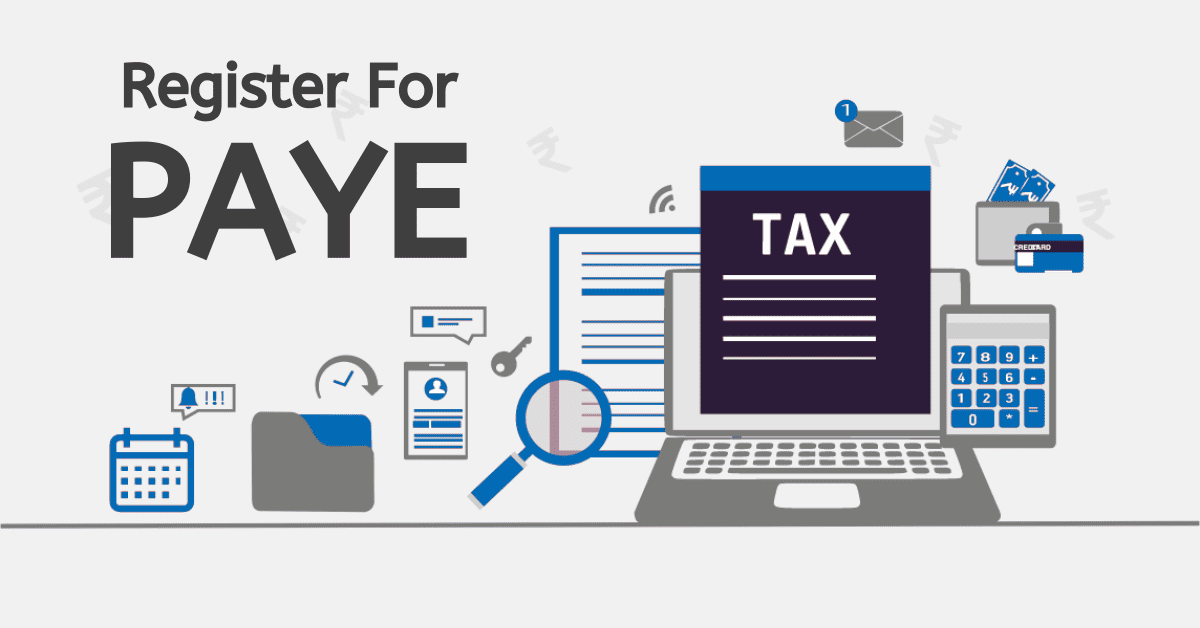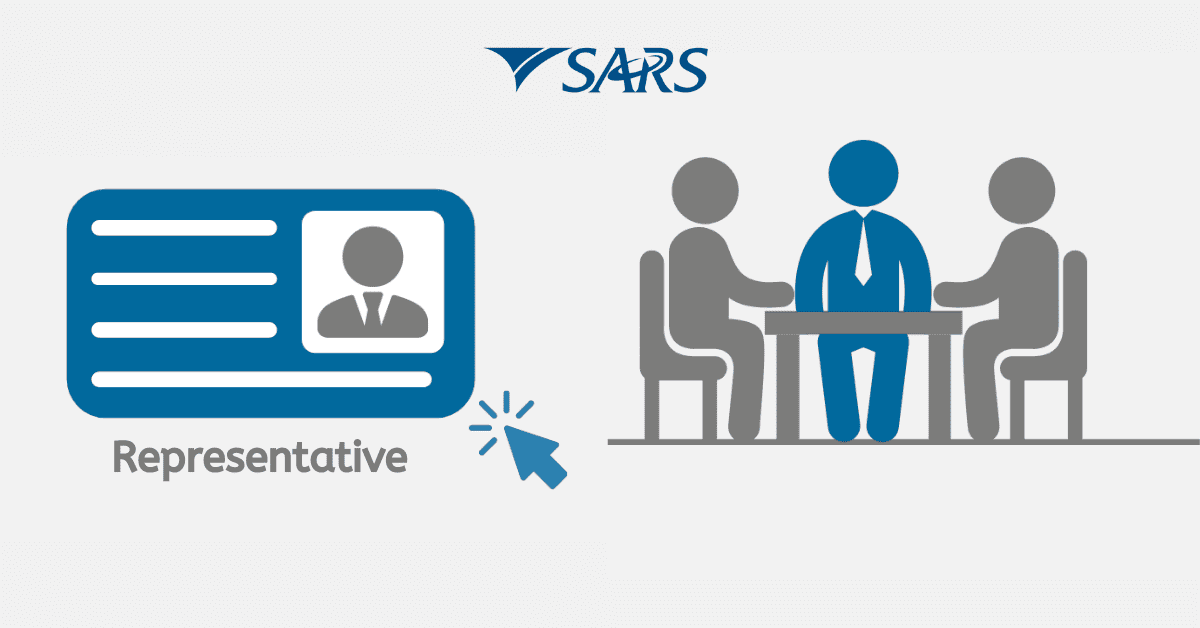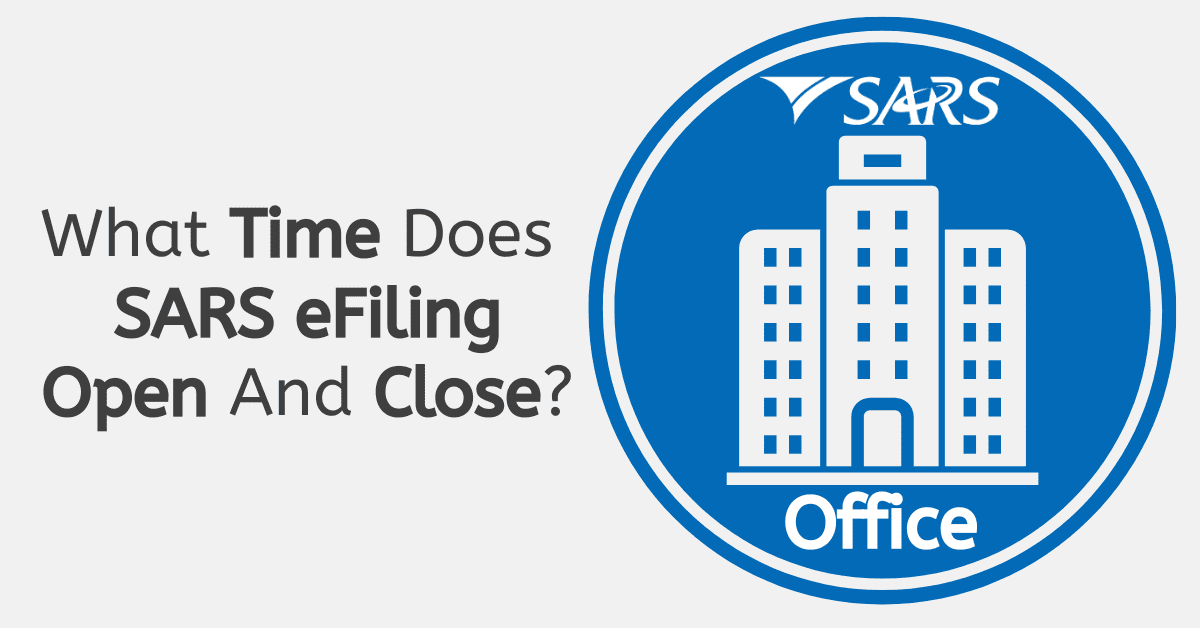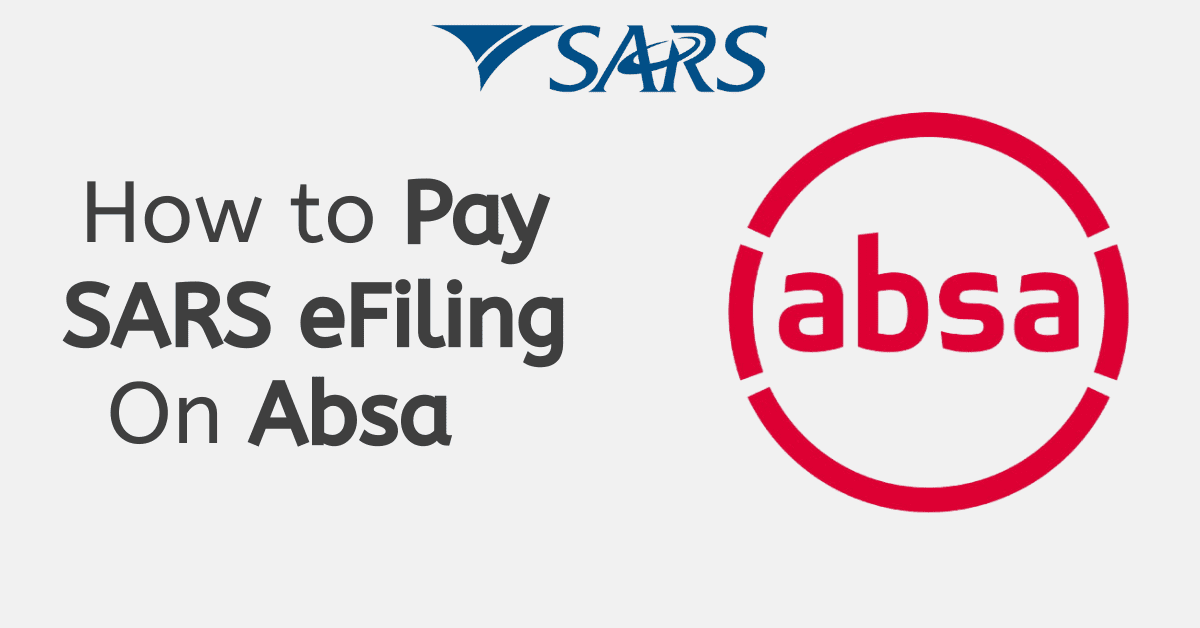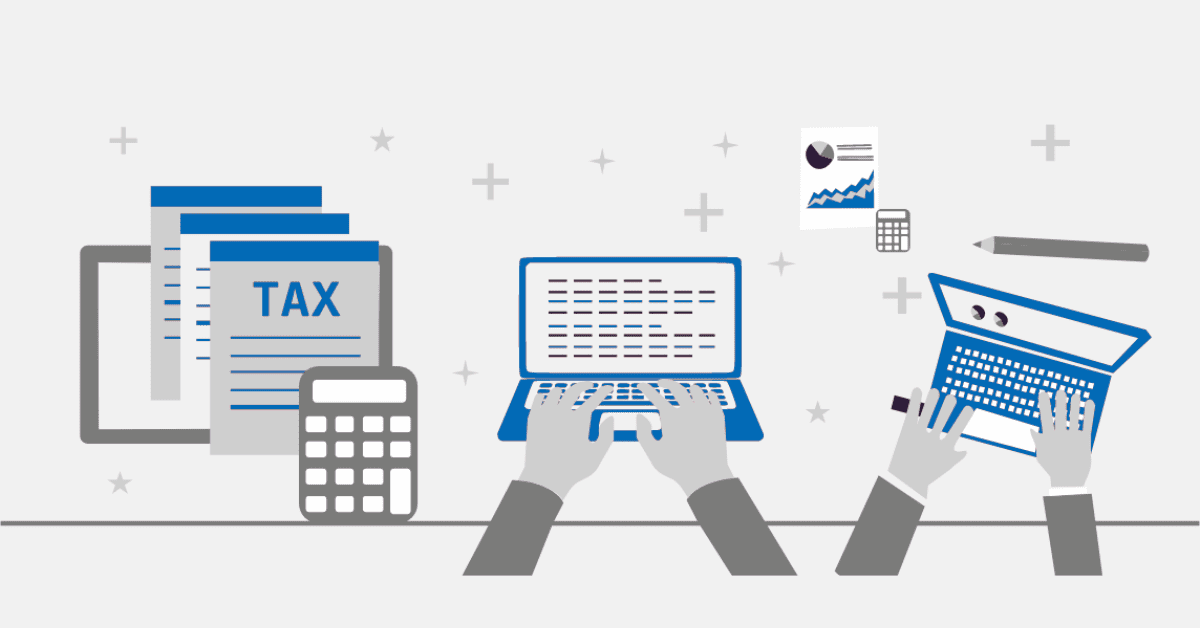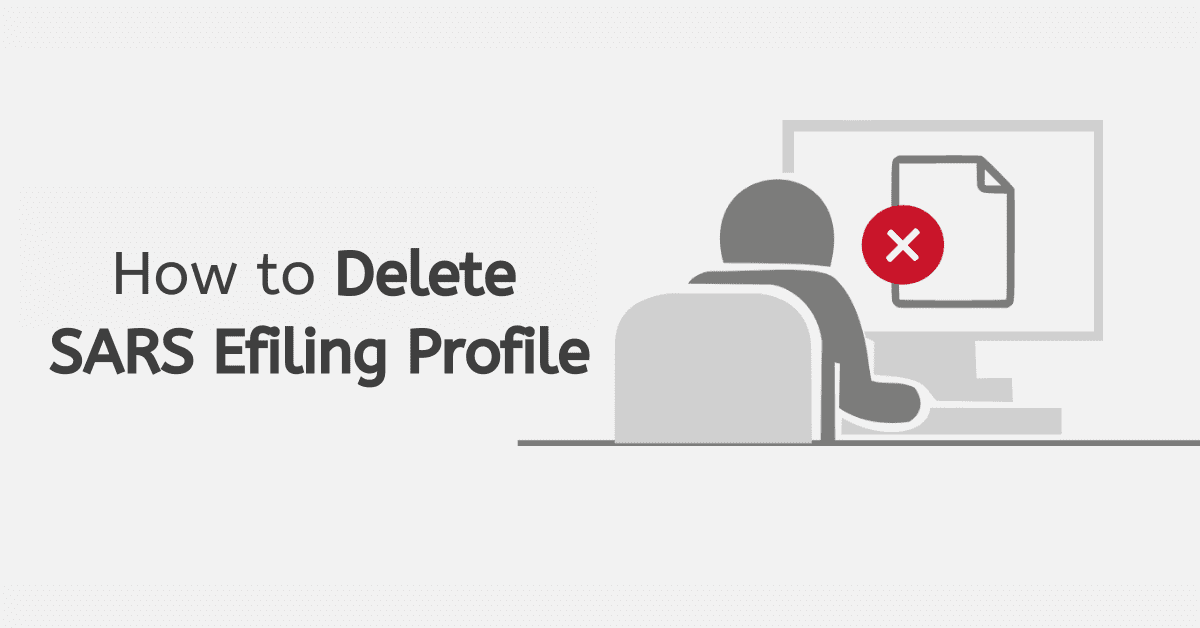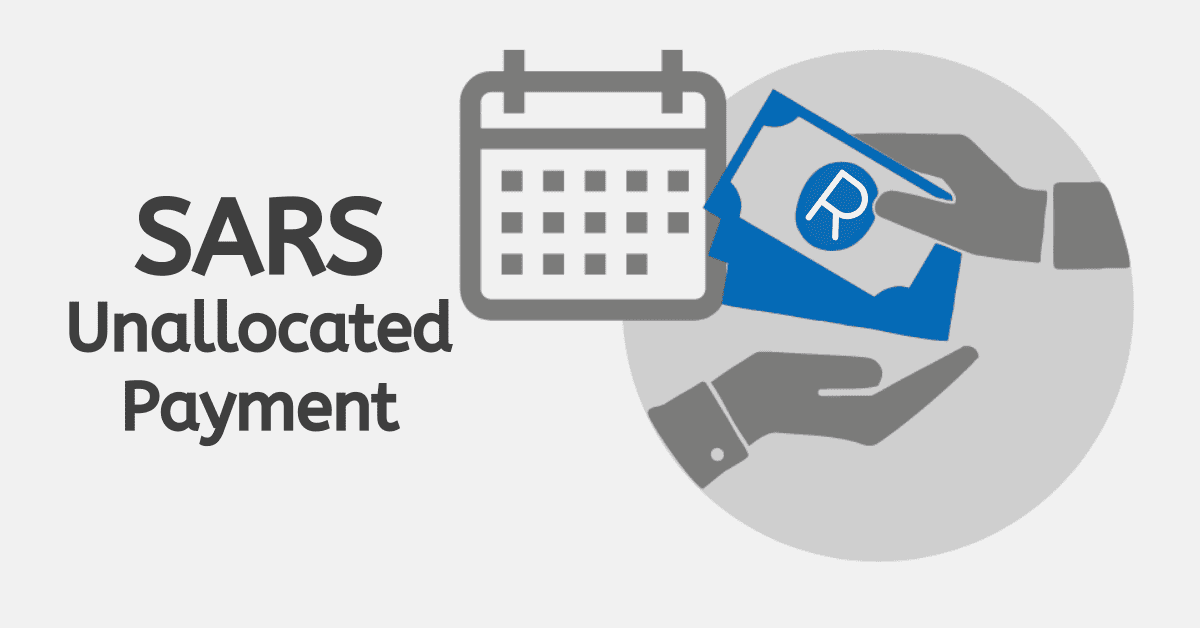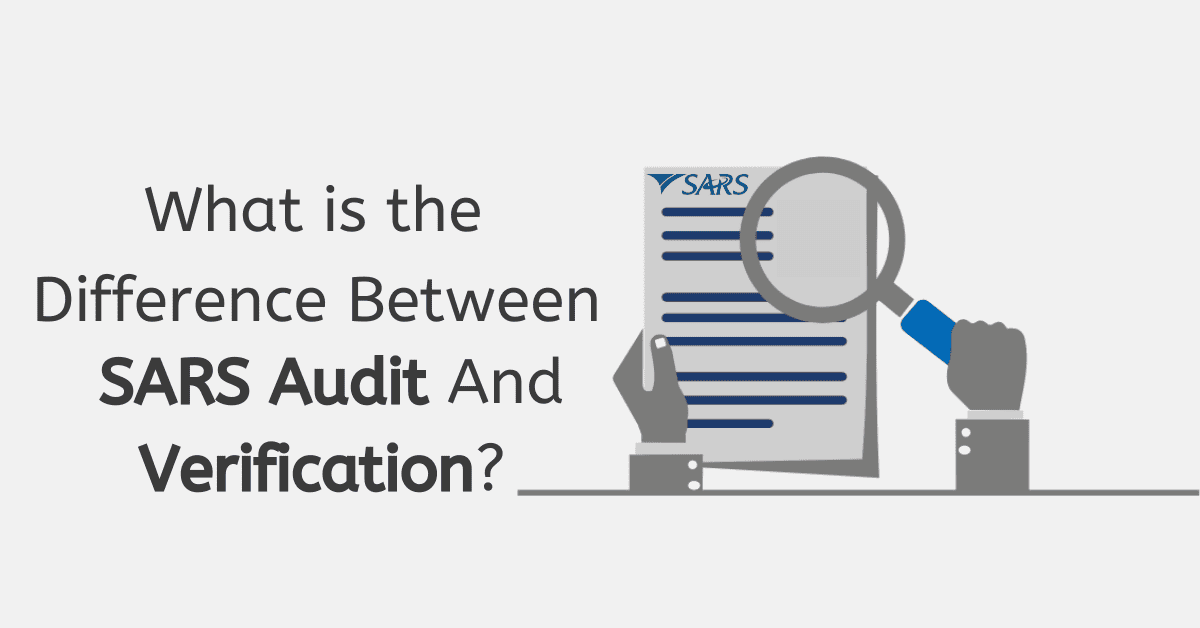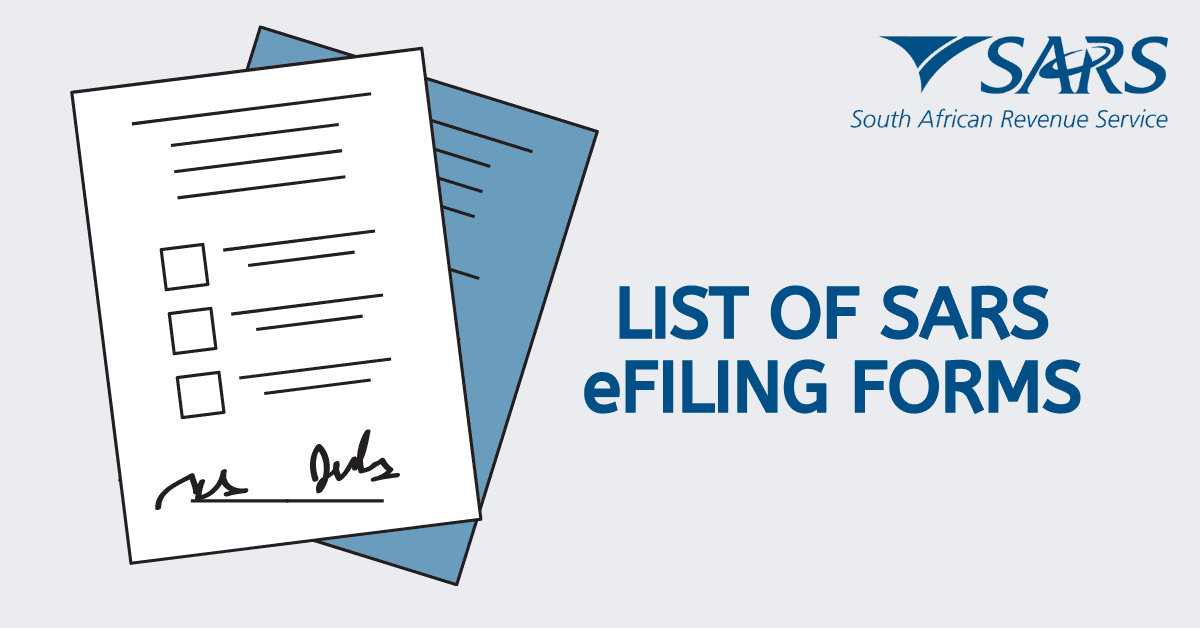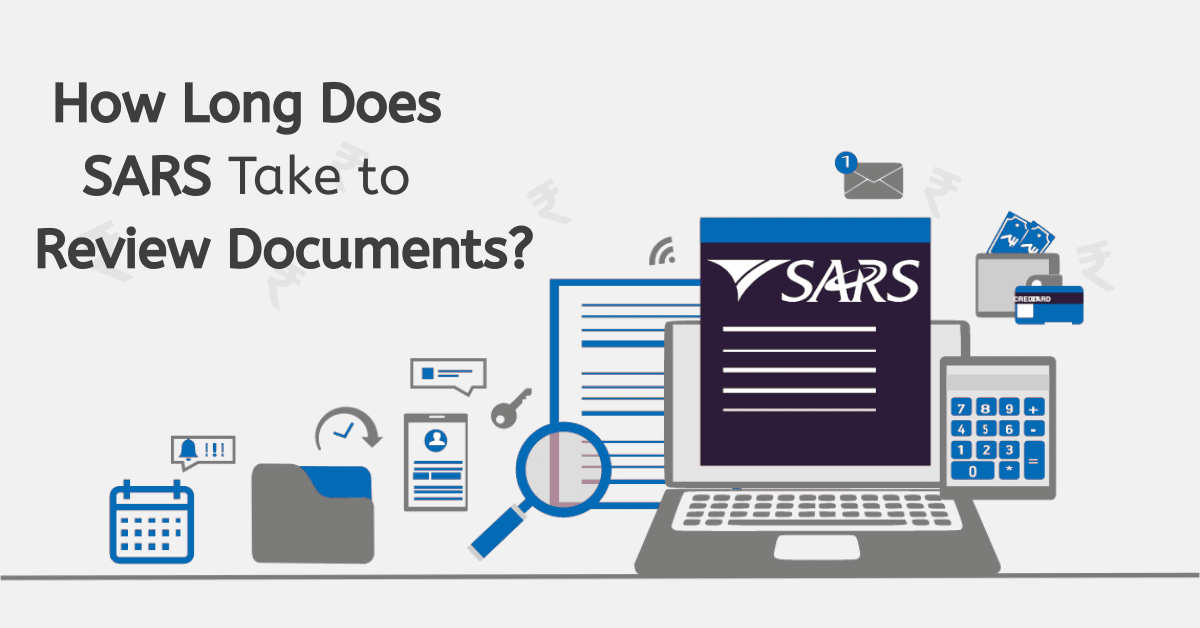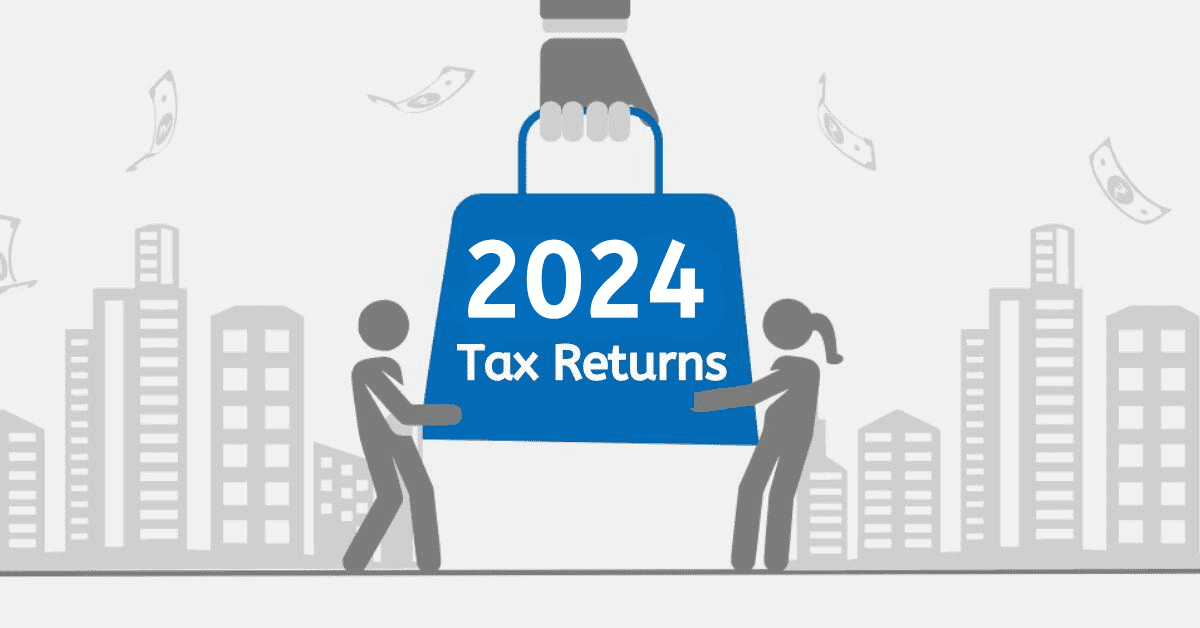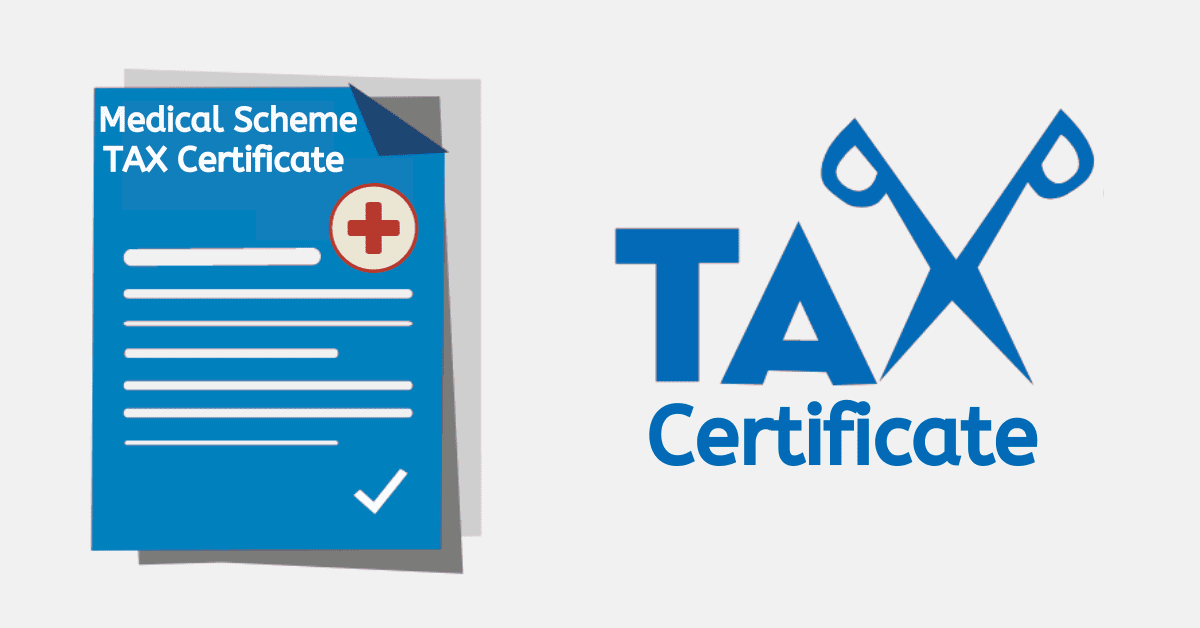SARS uses an audit as a method to ensure that all taxpayers contribute regularly, fairly, and honestly. The process involves an examination of the accounting and financial records to determine whether the taxpayer complies with SARS in declaring their taxes. You can be selected for any of the four types of audits which include refund audit, desk audit, integrated, and field audit. This article explains different things you should know about SARS audits.
How Long Does SARS Take To Pay After Audit?
A SARS audit helps examine the accounting and financial records and the taxpayer’s supporting documents to ensure they have been correctly declared to SARS. An audit will unearth these disparities if you do not file a return or make no declaration.
The taxpayer will get a notification of the intended audit indicating the reason and scope of the audit. If you expect to get a tax return, this can only be possible after the audit. When you have been notified of an audit, you must provide the necessary supporting documents requested to SARS within 21 business days.
You can upload the material via eFiling or deliver it to SARS. From the date when the Notification of Audit is issued, SARS usually takes up to 90 business days to conclude the audit when all the relevant material is submitted. An audit can take 30 business days up to 12 months or longer, depending on the complexity of your issue.
If SARS identifies potential adjustments, it will issue an audit findings letter showing the proposed assessments. A taxpayer must respond within a specific deadline indicating their agreement or disagreement. If the taxpayer fails to respond, SARS can consider the imposition of understatement penalties.
If SARS finds the tax position to be incorrect, further assessments will be carried out, and you can reject the position if you are not satisfied. Therefore, you can only get your refund when SARS provides a Finalisation Audit Letter to conclude the audit. No refund is paid out while an audit is in place.
Why Is SARS Audit Taking So Long?
When SARS initiates an audit, you will be requested to provide the necessary documents to undertake the process. However, SARS can perform the assessment using the information already available if you do not submit the relevant materials.
From the notification date of the audit, SARS usually completes the audit within 90 business days if all the relevant documents are submitted. An audit can take anything between 30 business days and 12 months or even longer, depending on the complexity of the processes involved. For instance, large volumes of transactions can take longer to audit.
The taxpayer’s cooperation also impacts the duration it will take to complete the audit. For instance, the audit will likely take longer if you fail to cooperate by not submitting the requested documents. If you are expecting a refund, it will be delayed.
If SARS identifies potential adjustments, it issues an Audit Findings Letter showing the assessments. A taxpayer is given a deadline to respond, showing agreement or disagreement with the findings. If you disagree with the findings, you can launch an appeal with SARS, which will further delay your refund’s disbursement.
SARS can randomly select any taxpayer for an audit, so you must stay prepared if you want the process to be faster. Make sure you keep accurate and correct records to ensure compliance. You can talk to a professional to help compile the necessary documents required for an audit.
Once you receive notification of an audit, you must contact your accountant. A professional can help you, especially if you have complicated returns and declarations. These issues can affect the processing time of the audit.
How Do You Know if You Are Being Audited by SARS?
Although SARS randomly picks taxpayers for auditing, you will get a formal Notification of Audit before the audit begins. A Notice of Assessment and Finalisation of Audit Letter explaining the reasons for the assessment will be issued via post, eFiling, or email. If you have any refund due, you will get it after completing the audit.
Once you receive the formal notification of the audit, make sure you respond within 21 days. Try to contact the SARS official mentioned in the letter. Upload all the documents requested via eFiling and include the original letter sent by SARS. If you want further assistance, do not hesitate to contact SARS officials.
If you fail to respond, SARS will proceed and use the information already available, but this can affect the process. SARS has the right to obtain the information required to conduct an audit from a third party.
What Is the Difference Between Verification and Audit at Sars?
Verification involves the process of establishing the accuracy or validity of the information declared by the taxpayer on their tax declaration or return. SARS compares the information provided by the taxpayer and the details gathered from different sources, including accounting and financial records.
Your declaration or return can be randomly selected for verification once you submit it. This means that SARS can choose any taxpayer for verification for proper tax administration. SARs will notify you through an official letter if you are selected for verification. SARS will request relevant supporting material to conduct the verification process.
On the other hand, an audit examines the taxpayer’s financial and accounting records or other supporting documents. An audit aims to ensure compliance by determining if the taxpayer has declared their tax position to SARS correctly.
SARS can randomly select any taxpayer for an audit for the effective administration of tax. Even if you were selected for verification, you can still be chosen for an audit since this is part of the SARS compliance process. You will get a formal Notification of Audit letter, and you must submit the relevant documents.
How to Avoid SARS Audit?
No one can avoid the SARS audit since the taxpayers are selected randomly. However, you can safeguard your business interests by taking the following measures.
- Make sure your taxes are clean before an audit
- Fill all tax returns as they fall due and ensure your tax affairs are always up to date.
- All your supporting documents must be accurate.
- Do not deduct personal expenses if you operate a business as a sole proprietor.
- Enlist the services of a professional accountant
- For VAT, the turnover figures on your financial statements must match the amount on your returns.
- Never deduct interests or penalties paid to SARS
- Ensure your tax invoices are correct and valid
- Do not claim your tax input prematurely
- Never claim tax input on items like stuff teas, lunches, parties, meals, or car hires.
You should know that SARS can randomly pick you for verification or audit if you are a taxpayer. Make sure you provide correct and valid documents to ensure compliance with SARS.
